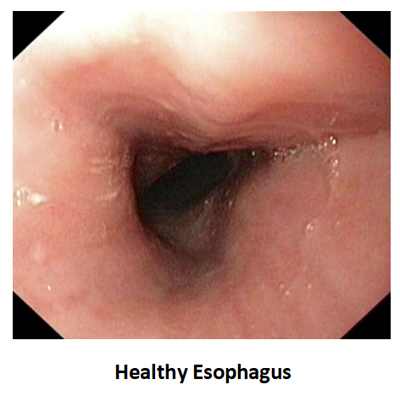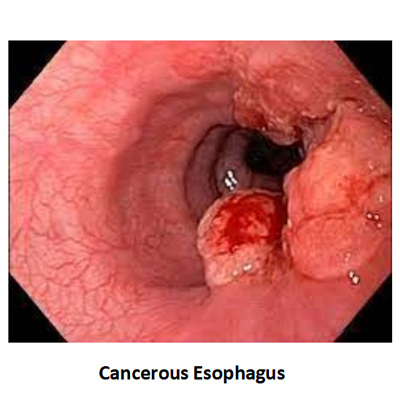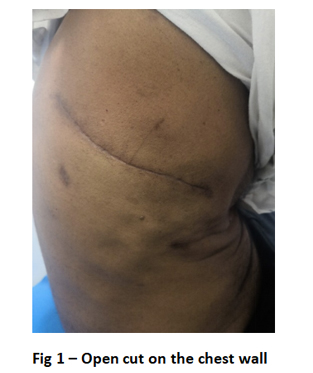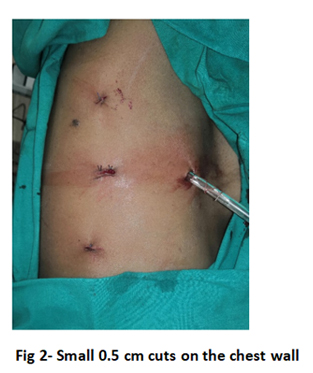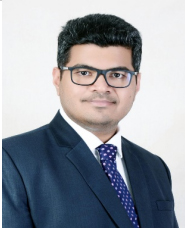
Robotic & Laparoscopic Onco Surgeon
MS, DNB, FNB (MAS), FEBS (Europe), FRCSEd (UK), MCh and MS Fellowship in Robotic Oncosurgery and HIPEC (UK)
Dr. Aditya Manke has a vast experience of more than 15 years in Cancer surgeries. He was instrumental in establishing Northern Maharashtra's first Laparoscopic & Robotic Cancer surgery unit at HCG Cancer Centre Nashik & also one of the first surgeons to introduce HIPEC treatment.
His core interest is in managing Gastrointestinal, Gynecological, Urological and Thoracic cancers with special focus on Robotic & Laparoscopic surgery.
Dr Aditya Manke has written Blog on ESOPHAGEAL CANCER… Risk factors, Symptoms and Treatments
CERVICAL CANCER :
Cervical Cancer is the second most common cancer ( first is breast cancer) in Indian women and it is estimated that cervical cancer will develop in 1 in every 53 Women in their lifetime.
What is the cause of Cervical Cancer?
Majority of the cervical cancers are caused by infection of the genital tract with the Human
Papilloma Virus (HPV) which often causes the genital warts also.
What are the symptoms of Cervical Cancer?
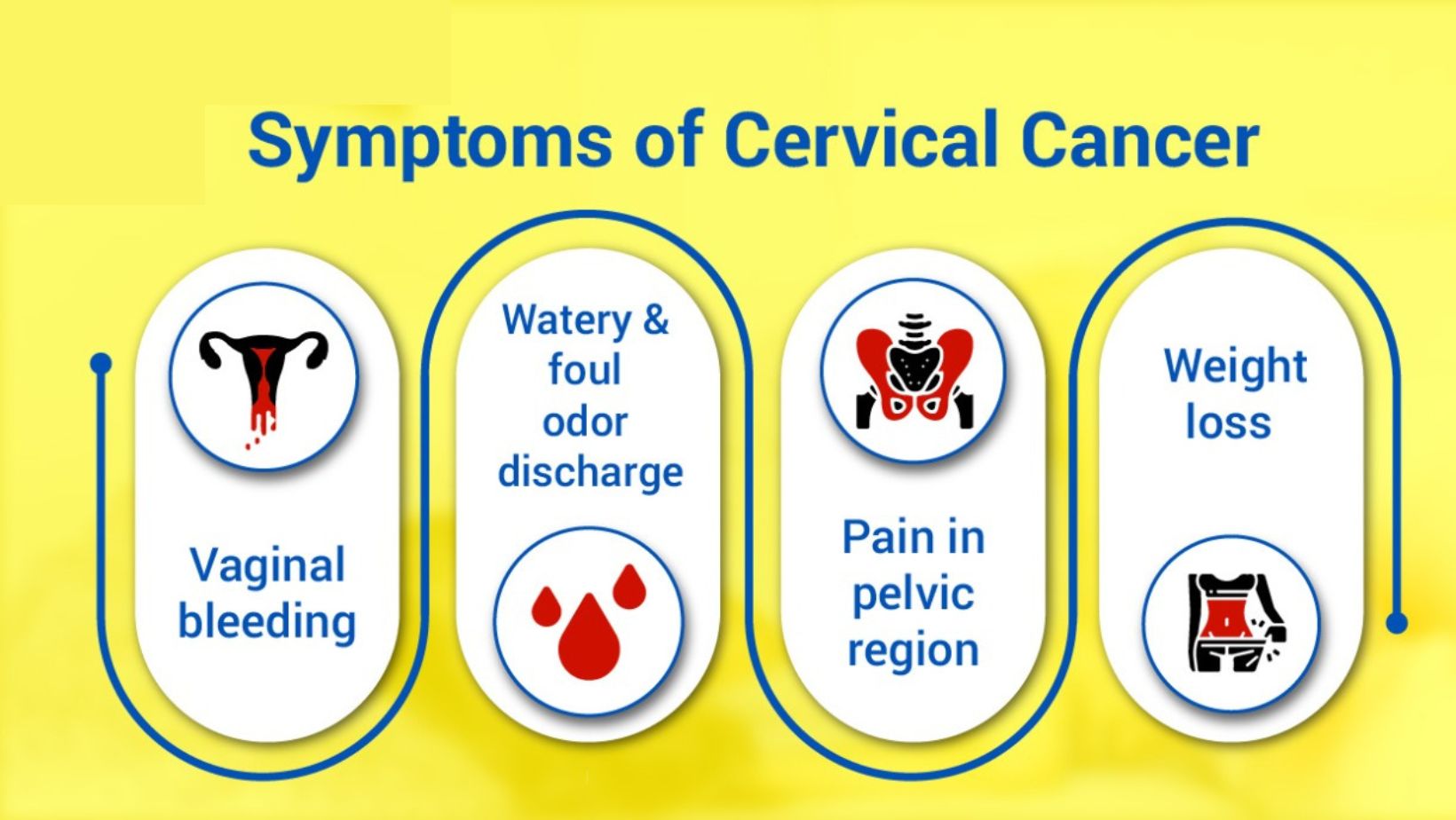
The following are the symptoms of cervical cancer for which you must seek a consultation:
How can one detect Cervical Cancer?
Cervical Cancer can be detected with the following tests:
How is cervical cancer treated?
Pre-cancerous changes of the cervix can be treated with simple procedures like conization or LEEP (Loop electrosurgical procedures) to remove the suspicious areas under a
colposcopic examination. Early stage cancers are usually treated with surgical removal of the Uterus with the cervix and pelvic lymph-nodes.
Locally advanced cancers of the cervix which have spread to the vagina or into other pelvic structures are usually treated with Chemotherapy and radiation.
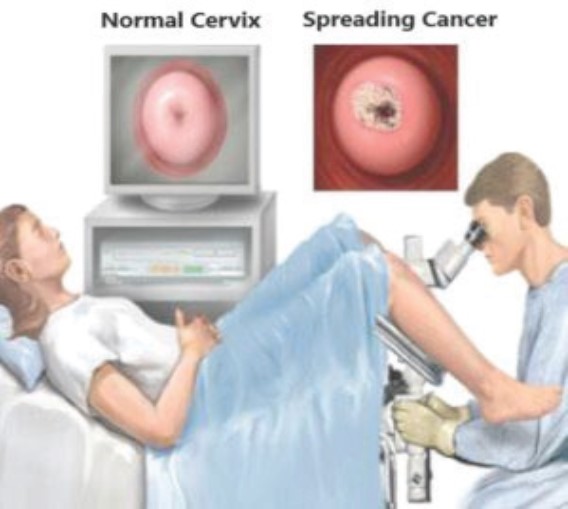
Can Cervical Cancer be prevented?
Yes, cervical cancer is one of the few cancers which can be prevented with help of
Vaccination against HPV infection. Vaccine can prevent most of the cases of cervical cancer
if the vaccine is given to girls or women before they are exposed to the infection.
The CDC USA recommends vaccine to be given to girls between the age of 11 and12. The
efficacy of the vaccine is more than 97% in preventing HPV colonization of the genital areas.
Contact your specialist today for more information.
Is there any Screening Program for cervical cancer to detect it early?

PAP smear and HPV testing of cervical cytology form the backbone of cervical cancer screening.
- Screening for cervix cancer should start at the age of 21 years.
- Age 21 to 29 — PAP smear alone should be done every 3 years/li>
- Age 30 to 65 either PAP smear alone every 3 years or a PAP with HPV co testing every 5 years.
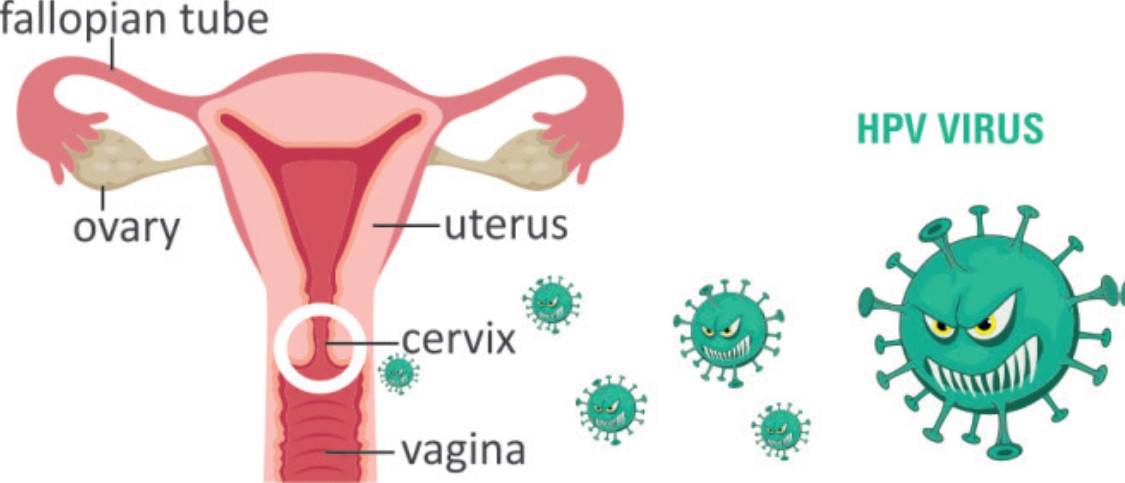
Cervical cancer when detected at early stages is easily treatable with excellent results and with advent of the HPE vaccines the cancer can now be prevented in women.
Dr Aditya Manke
Robotic & Laparoscopic Cancer Surgeon
MS, DNB, ENB (MAS), MCh (UK), FRCSEd
(UK) FEBS (Europe).
Sanjivani Cancer Care at Thane brings benefits of Advanced Laparoscopic Cancer Surgeries
to patients of Mumbai, Thane & Palghar District at a reasonable cost without compromising
on quality and efficacy.
Thane Clinic : Sanjivani Cancer Care, 1st Floor Rajesh CHS, Near Vandana ST Stand, Opp ICICI
Bank, Naupada, Thane - 400602.
Tel no : +91-8779475032 / 8420030304
Landline No.: 22-25407474
Email : response@sanjivanicancercare.com
Website : www.sanjivanicancercare.com
Virar clinic : Kalpataru Hospital, 1 st Floor, Ashoka Shopping Centre, Near Jakat Naka Signal,
Virar (w), Palghar 401303.
Also Available at Mira Road, Malad and Kalyan for Consultation
Telephone : 08779475032 | 022 5407474
Visit our specialist at Sanjivani Cancer Care for cervical cancer screening as well as
preventive vaccination to fight this disease.



